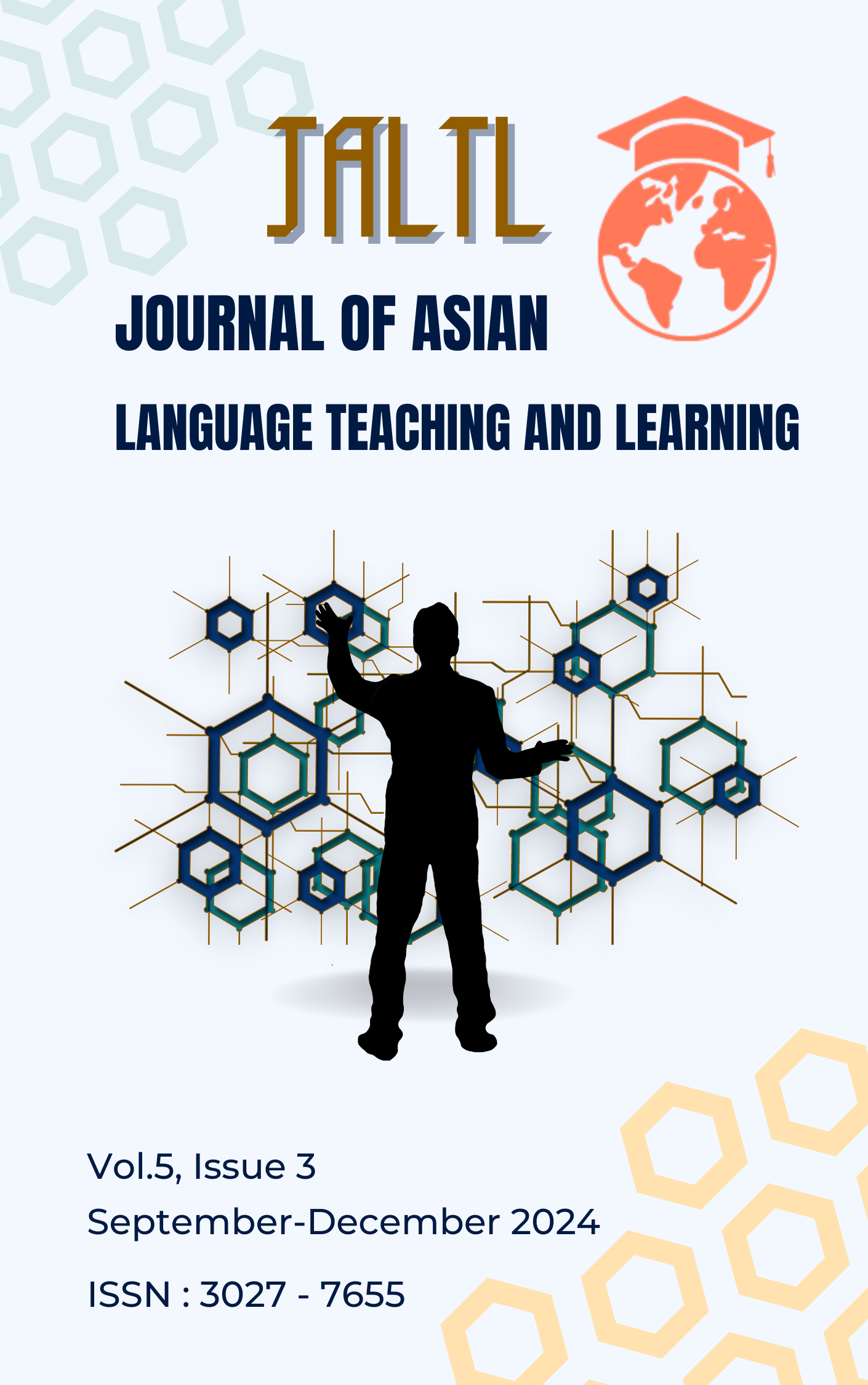Buddhist Community Innovation Development for Natural Energy Waste Incinerator and Environmentally Friendly
Main Article Content
Abstract
This research study aimed to 1) investigate waste management problems, 2) develop an environmentally friendly biomass energy waste incinerator prototype, and 3) evaluate the efficiency of the environmentally friendly biomass waste incinerator. A qualitative research methodology was employed, including in-depth interviews with 21 key informants and focus group discussions with 9 participants, along with experiments burning waste in various ratios.
Research findings revealed:
1) Waste management problems stemmed from accumulating solid waste from teaching activities and increasing personnel numbers. People needed to change the way they thought about waste management by combining what they knew about the Four Paths of Accomplishment (desire, persistence, attention, and investigation) with information about how to separate waste into five groups: food waste, recyclable waste, material/wood waste, hazardous waste, and non-recyclable waste.
2) The development of the environmentally friendly biomass energy waste incinerator prototype considered five aspects of value: designing a small incinerator from high-temperature resistant steel, energy conservation by using dry waste as fuel instead of diesel oil, reducing pollution and being environmentally friendly, promoting proper waste management, and creating added value from waste incineration.
3) Efficiency evaluation through experiments with various waste ratios and pre-incineration waste sorting resulted in gasoline and wood vinegar production. The incinerator could dispose of up to 200 kilograms of waste per hour and a half, demonstrating its efficiency in environmentally friendly waste management.
Article Details

This work is licensed under a Creative Commons Attribution-NonCommercial-NoDerivatives 4.0 International License.
References
Ajchara AsawarujiKulchai et al. (2013). Waste management and appropriate technology with community participation: A case study of Rai Som Subdistrict Administrative Organization, Phetchaburi Province. (Research Report). Bangkok: Department of Environmental Quality Promotion.
Armijo de Vega, C., Ojeda-Benitez, S., & Ramirez-Barreto, M. E. (2003). Mexican educational institutions and waste management programmes: A University case study. Resources, Conservation and Recycling, 39(3), 283-296.
Asawin Suebnukarn. (2001). Upgrading The Capacity of a Small Scale Solid Waste Incinerator (Master's thesis). Suranaree University of Technology.
Department of Environmental Quality Promotion. (2015). Project to monitor and evaluate the use of "smokeless biomass waste incinerators" as an alternative to open burning in the implementation of haze prevention operations in Northern Thailand by the Department of Environmental Quality Promotion. Bangkok: Social Research Institute, Chulalongkorn University.
Interview with the kitchen staff, and administration. (2023). Mahachulalongkornrajavidyalaya University, on July 3.
Pollution Control Department. (2016). National Master Plan for Solid Waste Management (2016 - 2021). Retrieved on November 10, 2022, from:
http://www.oic.go.th/FILEWEB/CABINFOCENTER3/DRAWER056/GENERAL/DATA0000
Simkins, G., & Nolan, A. (2004). Environmental Management Systems in Universities. Occasional Paper for the Environmental Association for Universities and Colleges, 1-16.


